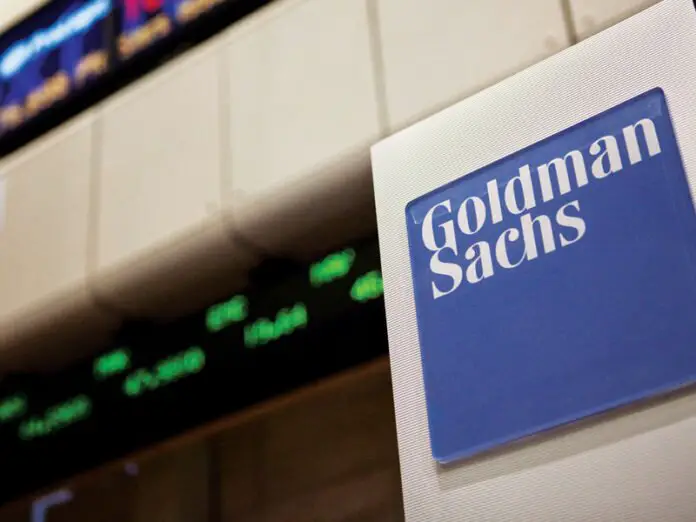Staff Reporter
Investors in Asian markets should prepare for increased volatility due to trade policy uncertainties and advancements in artificial intelligence (AI), according to a note from Goldman Sachs analysts.
The firm warned that a 10% universal tariff imposed by the U.S. could lead to a 3% drop in regional earnings and a 4% decrease in valuations, with Taiwan, Korea, and Japan being the most affected.
Goldman Sachs remains optimistic about Chinese equities but anticipates some profit-taking after a 30% surge since mid-January.
Analysts highlighted an impending risk period in early April when reciprocal tariffs and other trade measures may be announced, potentially influencing market sentiment.
The firm maintained an “overweight” rating on Japan, citing strong investment potential despite fluctuations in the yen.
In contrast, it kept a “marketweight” stance on India, Korea, and Taiwan, as investors monitor tariff impacts and macroeconomic changes.
Indonesia was downgraded to marketweight, while Singapore was upgraded to overweight, reflecting relative economic stability.
AI continues to be a key investment theme, with a focus on applications benefiting China. Analysts noted that DeepSeek’s cost-effective, high-performing R1 large language model has shifted the AI focus from infrastructure to applications, driving a recovery in Chinese equities.
Key beneficiaries of AI-related revenue growth include China offshore, and Korea. The broader market impact of AI is expected to bolster sectors such as robotics, autonomous driving, and power infrastructure, the analysts added.

